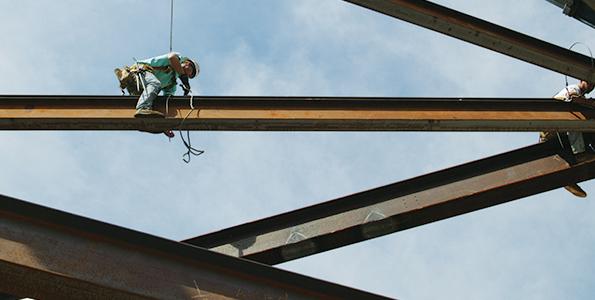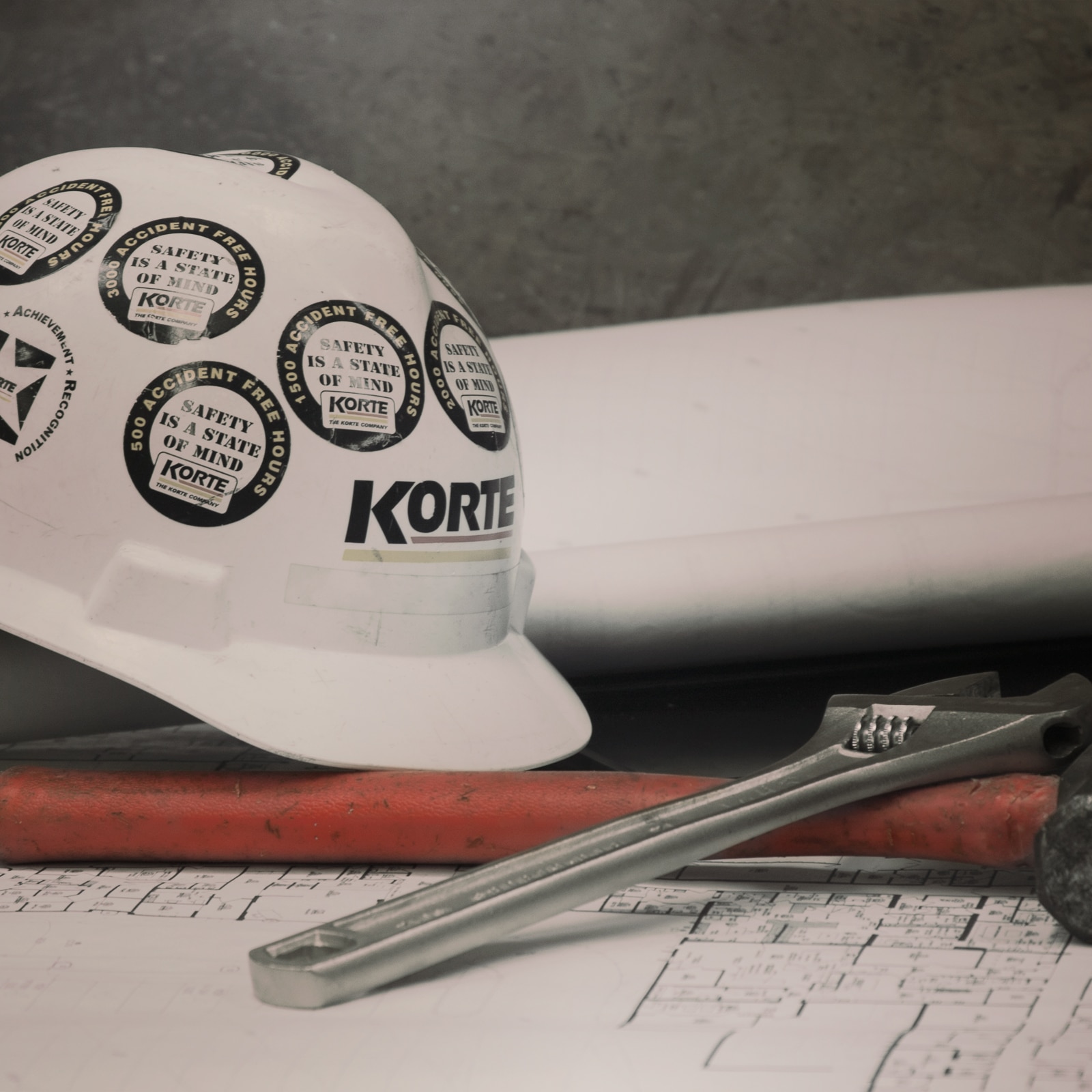
Due diligence is central to everything in construction. From your selection of builder, build site, delivery method and materials, to your compliance forms, financial assessments and budget, nothing can set you on a better course than proper due diligence. It’s the same principle we use in all of our builds: measure twice, cut once. That way you’re building smart, staying on course and getting the best build for your budget.
If you’re just starting your construction process, you’ve got a lot of paperwork and decisions ahead of you. But you ultimately have one decision that’s bigger than all the rest. “Who will you choose to construct your facility?” Before you send out requests for proposal (RFPs), place contractors on your bid lists or select a builder, we think the best due diligence is understanding your prospective builders’ company culture.
Why? Because a builder’s company culture affects every single element of construction. By definition, company culture includes the values, vision, systems, standards and thinking of a business. Taken together, those things influence every decision a builder makes, so it’s fair to say company culture touches every aspect of your facility.
Knowing a builder’s company culture is the first step in due diligence. Here are a few tips on navigating company culture in the bidding process. These are excerpts from our downloadable guide to company culture in construction.
Listening affects construction budgets
Find out how well your contractor listens to you. It’s a simple yet powerful concept, but listening may mean millions of dollars for you.
We’re currently renovating Mooresville High School in Indiana, and intent listening on the part of the school board and our preconstruction team helped the people of Mooresville, Indiana save $30 million and a tax increase. Your contractors’ ears are often their most powerful tools since your initial agreement influences every aspect of the build.
Contractors must have the ability to absorb your project details, process them and deliver best value solutions. There’s nothing worse than the frustration of getting a low bid that sounds great, but seeing the actual price double because your contractor never listened to you in the first place. So, do your bidders actually take the time to understand your needs?
A few questions you may ask of prospective contractors would include:
- What’s your process for gathering information before you fill out a bid form?
- What information do you need in order to put together an accurate bid?
- What communications process do you use to keep clients up to date throughout every phase of a build?
- What kind of information and action do you need me to take throughout each build phase in order to keep the project moving?
Budget and schedule should be institutional
Make sure when you head into a construction project that you have a level understanding of your builder’s scheduling approach and previous scheduling record.
All too often, contractors will come in over budget and late on delivery after their unrealistic bids win contracts. It’s unacceptable, but it’s almost become an expected part of doing business: many bids significantly underestimate time and costs.
Are your prospective builders’ timelines realistic or do they overpromise to get you on-board? What’s really a “competitive” bid? Any build can be felled by poor communication, overly optimistic weather projections or a lack of compliance infrastructure.
Murphy’s Law will always be there, and your builder should prepare for it because good builders respect schedules. We believe the best bids are realistic and show quality reasoning behind the timelines and budgets they propose.
Here are a few questions you should ask builders:
- What is your track record of delivering projects on budget and on schedule?
- Are there any references who can attest to your track record?
- How do you account for Murphy’s Law as you schedule out your build?
- How do you overcome adverse weather to deliver your builds?
Know your builder’s philosophy
Build smart. It’s not just a catch phrase; it’s our philosophy and our foundation.
We believe a good builder should aim to work as efficiently as possible to deliver sustainable, energy-efficient builds on budget, on time, and to the desired specs and designs of their clients.
Every builder has a different approach because we all have different styles, techniques, preferences and mindsets. Honing a craft takes time and attention to detail along with a healthy mix of expert knowledge, implemented best practices and unique creativity. Ask builders to quickly sum up their philosophy and approach.
Some good questions you could ask are:
- What can you tell me about the history of your company and how does your company history impact the way you build today?
- In just a few words, can you sum up your company philosophy on construction?
- What are some real, tangible examples of how your core values impact your company and your work?
Learn more in our company culture guide
This article is filled with excerpts from our guide to company culture in construction. Our guide shows you how your contractor’s company culture affects your build before, during and after construction. Click below to download and read it.
